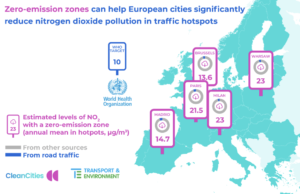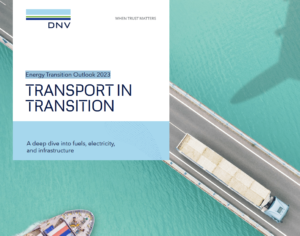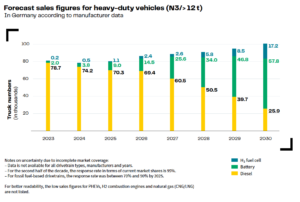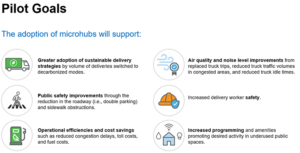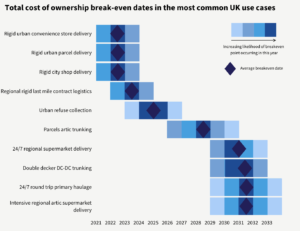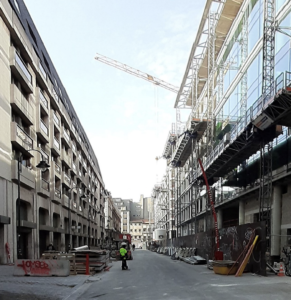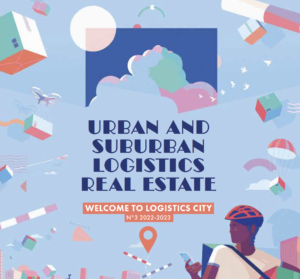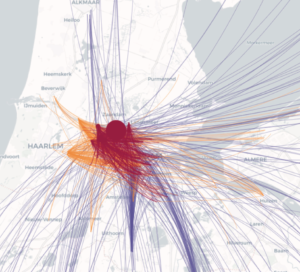Zero-emission zones: a guide for cities
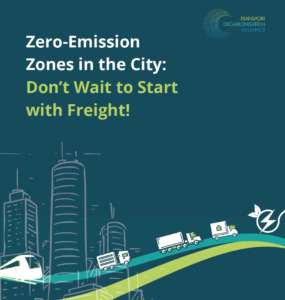
Though less than 4% of vehicles on the road are trucks, it is estimated that they are responsible for 27% of road transport’s CO2 emissions. As urbanization grows, absolute population numbers and population density continue to rise in cities. Consequently, urban commercial transport is also increasing, exacerbating congestion and harmful emissions. Action is needed to …

